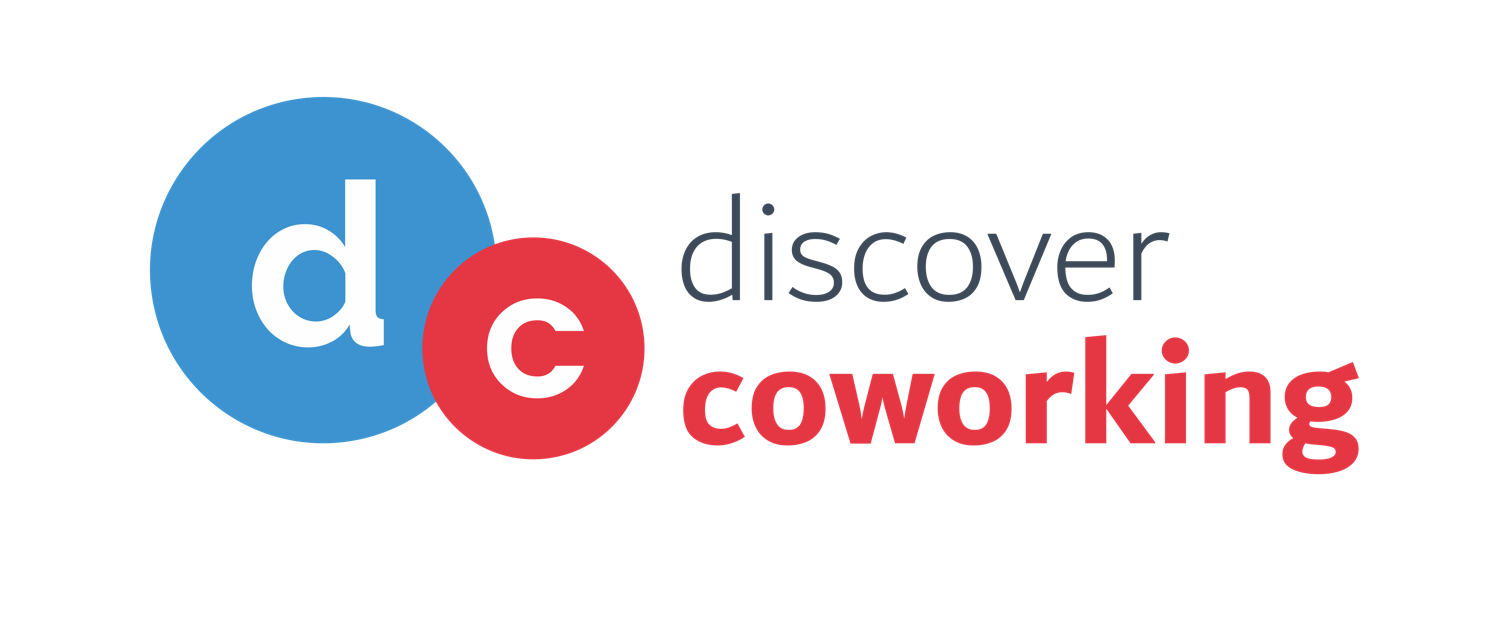Michelle Woo, the general manager at Hub Singapore, spoke in a session in CUAsia 2017 where she addressed the question – How to approach scaling? Every coworking space is at a different stage and has different needs; since her topic was on the scale, she shared tips on how it can grow from really early stage pioneer companies to high growth, and to see if they can get established.
Hub Singapore has 12 Hubs in Asia and 86 Hubs around the world. They started in Singapore, one of the most expensive real estate economies in the world; and were able to reach full occupancy in 5-7 months, and doubled in size in 10 months. Currently, Hub is serving 250 companies in Singapore, in the global network there are about 18,000 members who upon joining has raised a combined revenue of 250 million dollars as of now. They host 20 events per month, a brilliant way of bringing footfall to space. The type of venture stage Hub has divided equally into three stages; one-third is in the early stage, one-third is in high growth and the remaining is at an established business stage. They have a 50-50% breakdown concerning male and female population. There are a variety of nationalities which brings a different perspective of culture and diversity in their community, and they face diverse members making multiple contributions. Regarding business support, Hub offers business scaling solutions, such as funding; they recently closed their Hub Venture fund, providing funds to early-stage startup to teams requiring office large enough for 40 people.
As you grow you will realize that you have members from diverse industries, they are from different stages of growth. You could have an artist sitting next to a data analyst, who is sitting next to a veteran serial entrepreneur, sitting next to a fresh graduate. Michelle questioned, “How would you create a community that can allow for such collaborative, sharing and learning environment for the members?” She stressed the importance of identifying your customer needs, based on that information map out your product offerings for your customer and figure out what value proposition you can offer.
How would go about scaling while maintaining a vibrant community similar to Hub? Michelle explained the concept with the aid of a study from Kauffman, where it was broken down to four points; first, there needs to be a big enough community to have critical mass, they must have easy access to resources such as mentoring, programs and skill-based events. How we all do it is different, but the point is to provide a smooth platform for them to access.
The second point refers to cross connectivity, covering the idea of shared learning and active collaborations. The third is diversity, which may lead to innovations and destructions. It could refer to cultural diversity, different business stages diversity, different business sector diversity; all of which allows for cross-pollination of ideas.
The last point mentions the challenges a space will face when aiming to scale to twice the size; such as different stages of growth, members representing different folks with sea level vs. in term of how much time you spend with them and how you would serve them. They all want to contribute because they are excited to be part of a coworking community. Michelle stated,“ We think of them as, how we as founders and entrepreneurs would like to be served.” She revealed a model, which was helpful and adapted by Hub Singapore; look at their stage of growth, then their business plan and then map your value proposition for them. The first step is to identify their growth stage, which has three phases; the first phase is the early startup phase where you are building a product, you have an excellent idea, and you are looking for your first group of awesome customers. At Hub, 30% of members are at this stage. Next, you have the build a company stage, during this phase, there is more demand than the team can support and are looking to scale. Lastly, there is the established phase, where you enjoy profits in surplus, which goes into creating products and developing new transformative ideas; thus allowing you to maintain your status as a market leader.
Next, she highlighted critical points related to the venture stages. At product stage, they are looking for skills, because a lot of time the CEO is doing everything. They are also looking to continuously build and reiterate their product, retaining loyal customer to receive feedback so they can reach the stage where there is more demand than what they can meet.
At the high growth stage, they are looking to build a company, where you face members asking you to find an intern, CTO, or sales manager. At this stage, assume that the hiring is done, next they will want to be operationally stable. This is where you come in because coworking spaces are flexible and you have a suite of partners and service providers that can work with to support your members. Having a leadership team means roles can get delegated and members are more likely reach the next stage which is ‘established business.’
Michelle Wu ended the session with what could be perceived as a mild warning along with good advice, “ I strongly advise that if you go purely on workspace alone, you will find that you will never be better than huge corporations who have the tenure ahead of you. Do look carefully at your team to find out what you are looking to stand for; such as for us at Hub Singapore, it is to drive more transformation for courageous entrepreneurs.”

